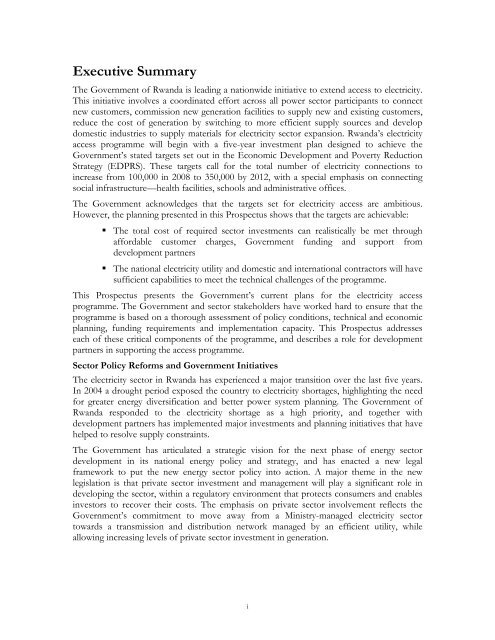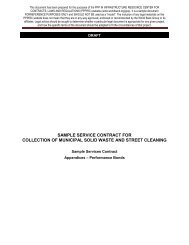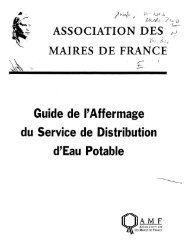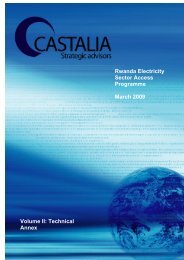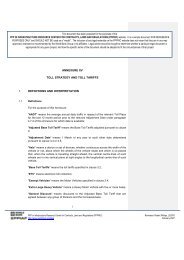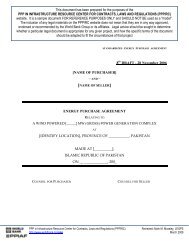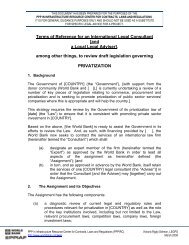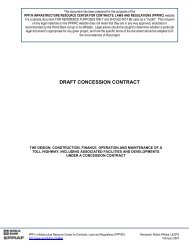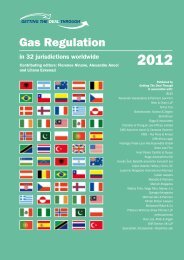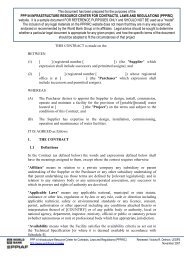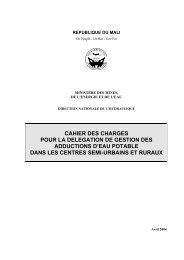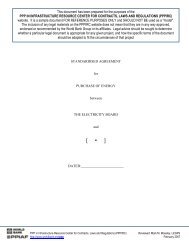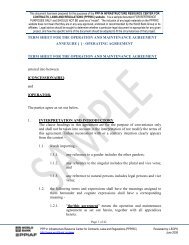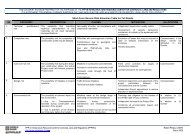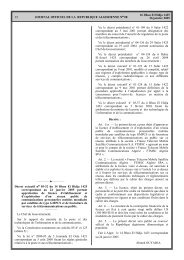Volume I: Investment Prospectus Rwanda Electricity Sector Access ...
Volume I: Investment Prospectus Rwanda Electricity Sector Access ...
Volume I: Investment Prospectus Rwanda Electricity Sector Access ...
- No tags were found...
Create successful ePaper yourself
Turn your PDF publications into a flip-book with our unique Google optimized e-Paper software.
Executive SummaryThe Government of <strong>Rwanda</strong> is leading a nationwide initiative to extend access to electricity.This initiative involves a coordinated effort across all power sector participants to connectnew customers, commission new generation facilities to supply new and existing customers,reduce the cost of generation by switching to more efficient supply sources and developdomestic industries to supply materials for electricity sector expansion. <strong>Rwanda</strong>’s electricityaccess programme will begin with a five-year investment plan designed to achieve theGovernment’s stated targets set out in the Economic Development and Poverty ReductionStrategy (EDPRS). These targets call for the total number of electricity connections toincrease from 100,000 in 2008 to 350,000 by 2012, with a special emphasis on connectingsocial infrastructure—health facilities, schools and administrative offices.The Government acknowledges that the targets set for electricity access are ambitious.However, the planning presented in this <strong>Prospectus</strong> shows that the targets are achievable:• The total cost of required sector investments can realistically be met throughaffordable customer charges, Government funding and support fromdevelopment partners• The national electricity utility and domestic and international contractors will havesufficient capabilities to meet the technical challenges of the programme.This <strong>Prospectus</strong> presents the Government’s current plans for the electricity accessprogramme. The Government and sector stakeholders have worked hard to ensure that theprogramme is based on a thorough assessment of policy conditions, technical and economicplanning, funding requirements and implementation capacity. This <strong>Prospectus</strong> addresseseach of these critical components of the programme, and describes a role for developmentpartners in supporting the access programme.<strong>Sector</strong> Policy Reforms and Government InitiativesThe electricity sector in <strong>Rwanda</strong> has experienced a major transition over the last five years.In 2004 a drought period exposed the country to electricity shortages, highlighting the needfor greater energy diversification and better power system planning. The Government of<strong>Rwanda</strong> responded to the electricity shortage as a high priority, and together withdevelopment partners has implemented major investments and planning initiatives that havehelped to resolve supply constraints.The Government has articulated a strategic vision for the next phase of energy sectordevelopment in its national energy policy and strategy, and has enacted a new legalframework to put the new energy sector policy into action. A major theme in the newlegislation is that private sector investment and management will play a significant role indeveloping the sector, within a regulatory environment that protects consumers and enablesinvestors to recover their costs. The emphasis on private sector involvement reflects theGovernment’s commitment to move away from a Ministry-managed electricity sectortowards a transmission and distribution network managed by an efficient utility, whileallowing increasing levels of private sector investment in generation.i


